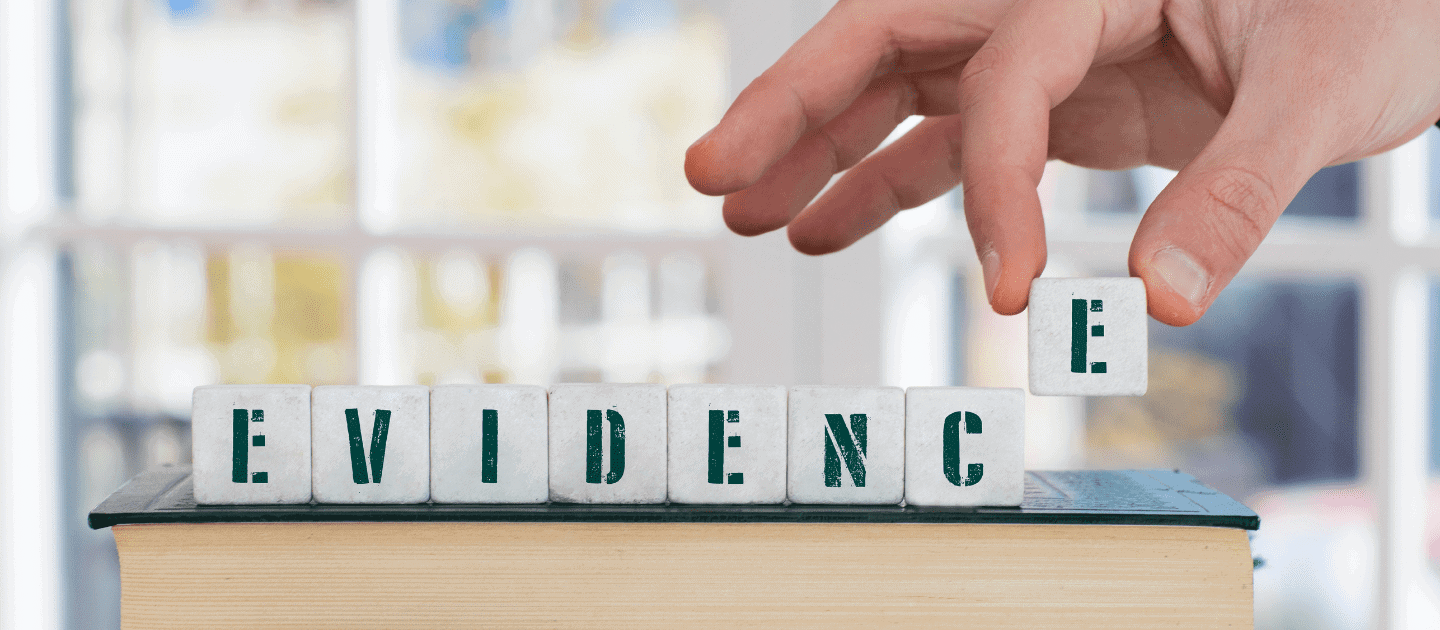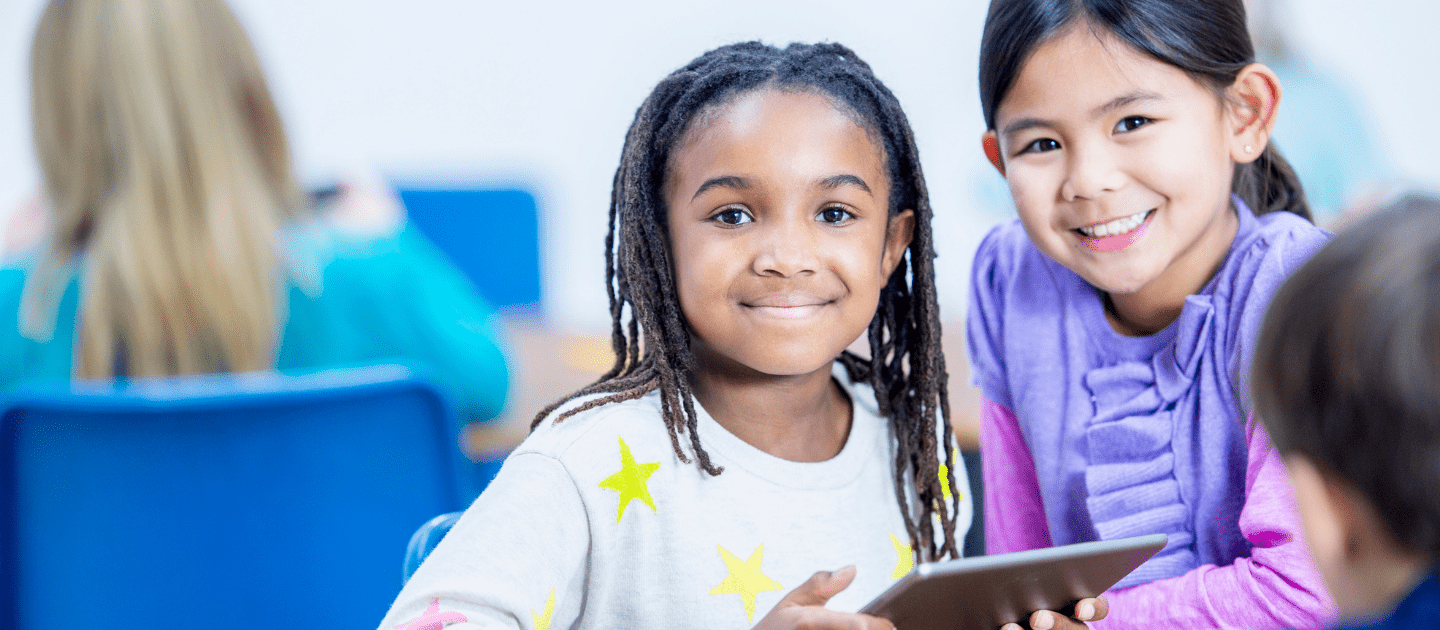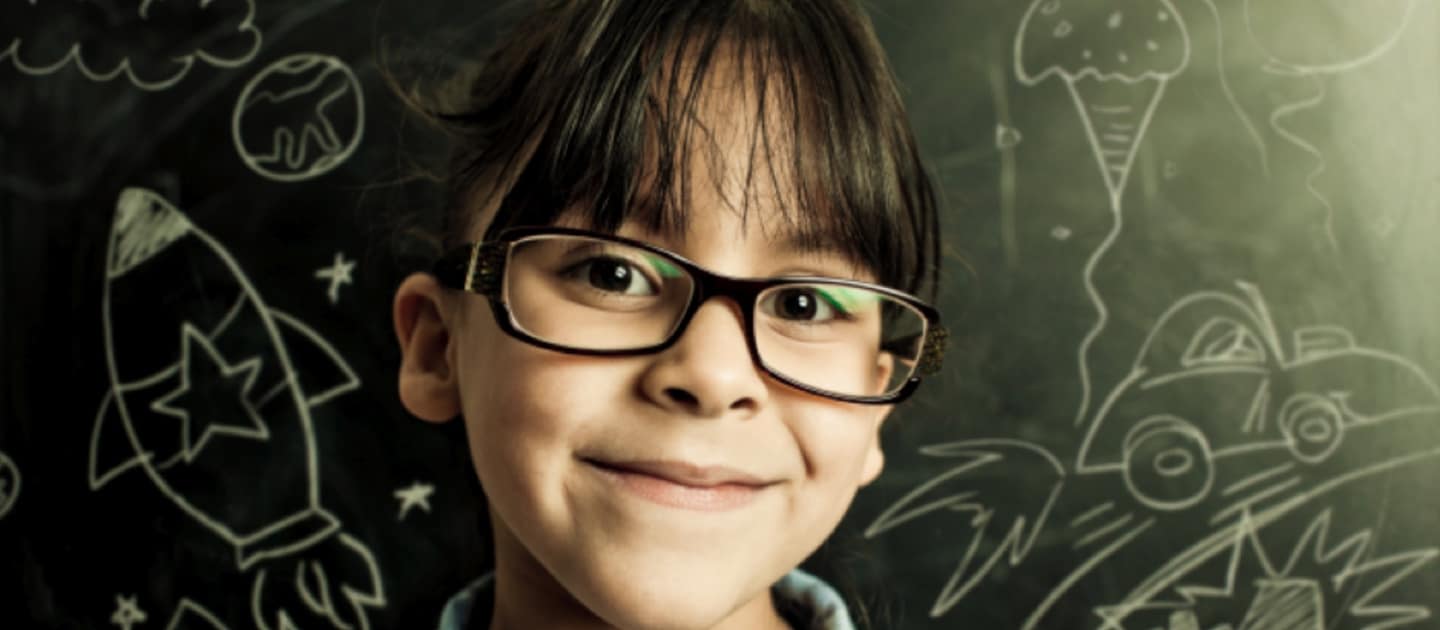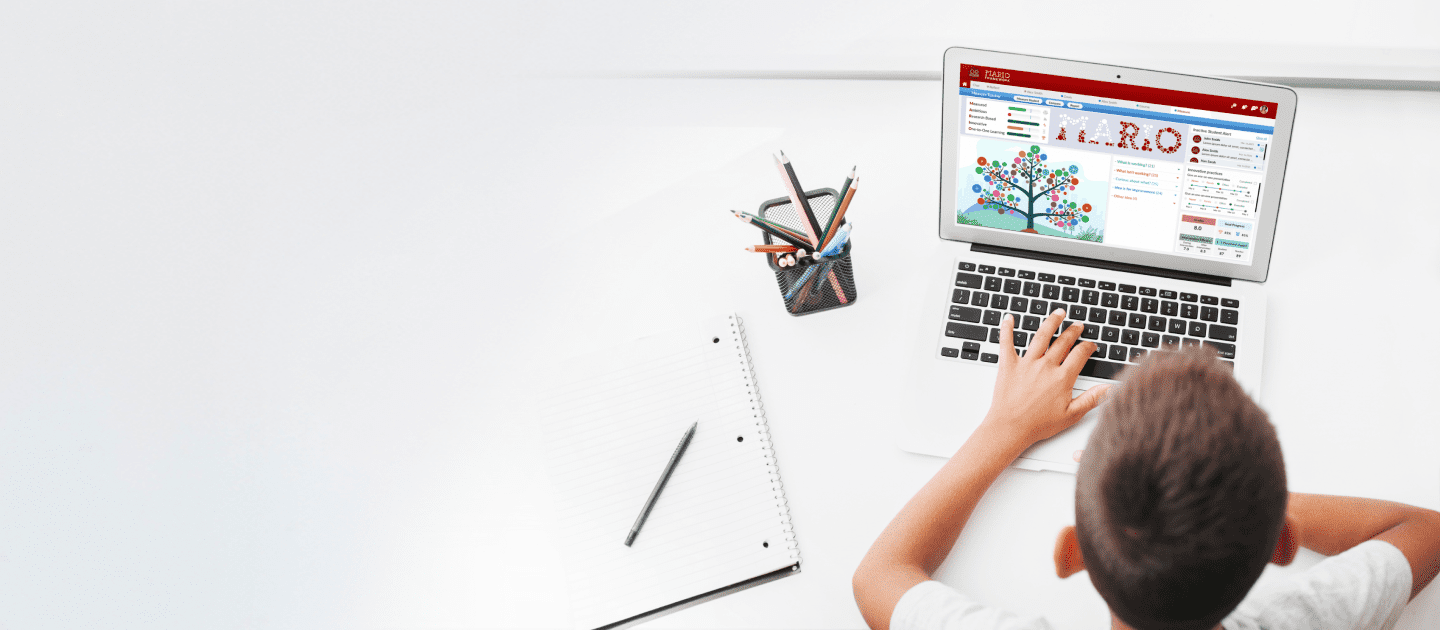Veracity in Special Education

Bringing clarity to how we ascertain veracity can support our ability to identify high-quality interventions.
Leveraging Peer-Mediated Interventions for Academic and Social-Behavioral Gain

The implication of this study for educators is that utilizing peer-mediated interventions, within academic, SEL, and executive function lessons, is once again proven an evidence-based approach to increasing academic gains.
Addressing Overrepresentation of English Language Learners in Special Education during the COVID-19 Pandemic

Implementing six effective vocabulary acquisition strategies (VAS) within the frameworks of self-regulated and multimedia learning may not only have promising effects on the language acquisition of ELLs but it may also prevent ELLs being falsely identified for special education eligibility.
Classroom instruction that works: Research-based strategies for increasing student achievement – Robert J. Marzano, Debra Pickering & Jane E. Pollock

This book provides information on what works in education, how teachers can find what works, how educational research can find its way into classrooms, and how teachers can apply it to help individual students.
Using design thinking to improve psychological interventions: The case of the growth mindset during the transition to high school – Yeager et al.

Drawing on design thinking, the present research formalizes a methodology for redesigning and tailoring initial interventions. We test the methodology using the case of fixed versus growth mindsets during the transition to high school.
